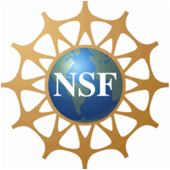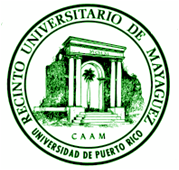
Home
- Develop and provide participatory research and educational opportunities to graduate students and faculty members in appropriate technology
- Assess the research environment in engineering regarding appropriate technology
- Encourage engineering faculty and graduate students to become agents for change by seeking career opportunities in appropriate technology
Despite a long tradition of engineers volunteering their skills to develop appropriate technology to address humanitarian concerns, relatively few have oriented their primary professional or academic activities to such work. Building around the concepts of appropriate technology, humanitarian engineering, human well-being & capabilities, sociotechnical systems, social entrepreneurship, and community engagement, GREAT IDEA is designed to make positive impact in communities while at the same time fostering opportunities for professionals and academics, particularly in engineering, who seek deep social engagement and meaning in their work.
Appropriate technology (AT) is traditionally understood as the "intermediate technology" articulated by E.F. Schumacher. As such, AT is often associated with technologies that are appropriate for developing communities, with the following characteristics:
- labor creating
- ecologically and economically sustainable
- operable and maintainable within the community's physical and knowledge resources
- selected, developed, and managed in deep cooperation with the community in which the technology is installed



